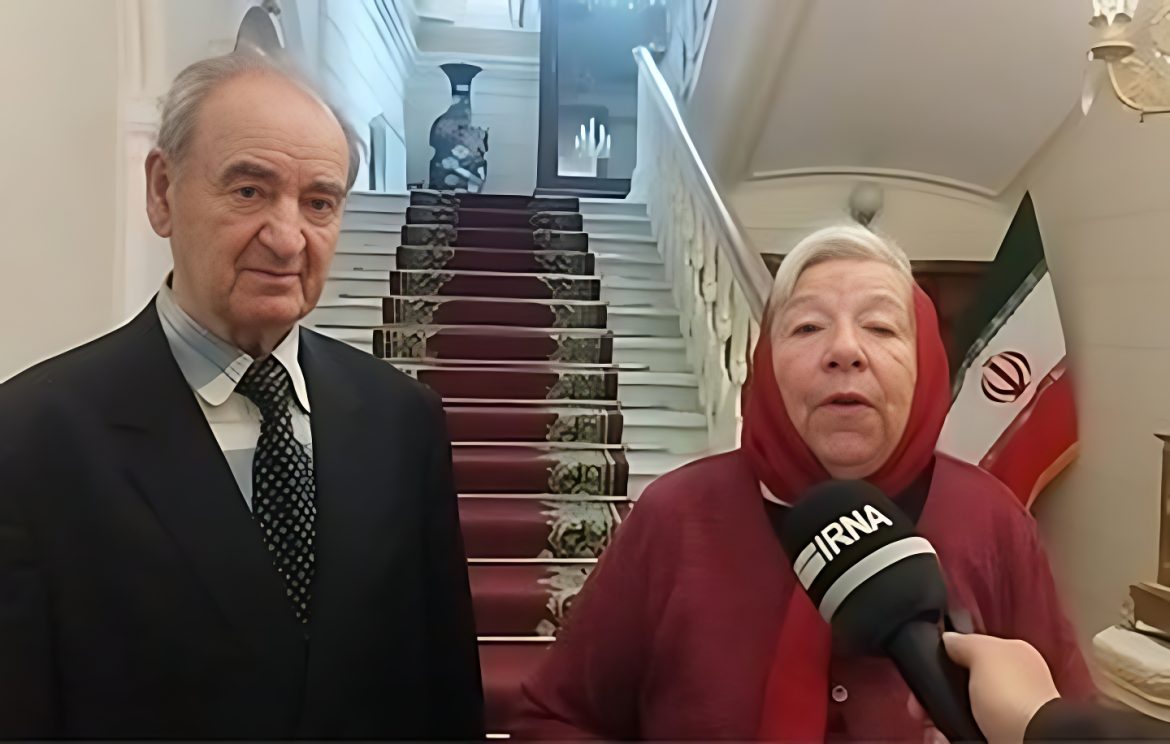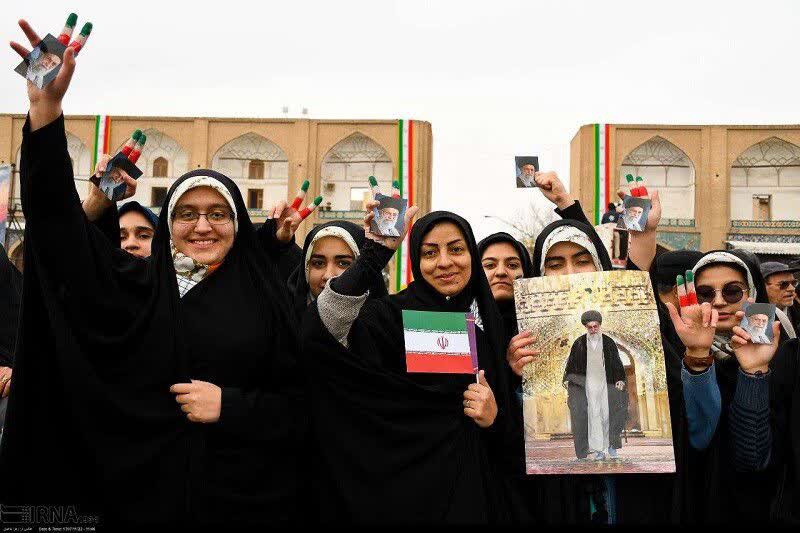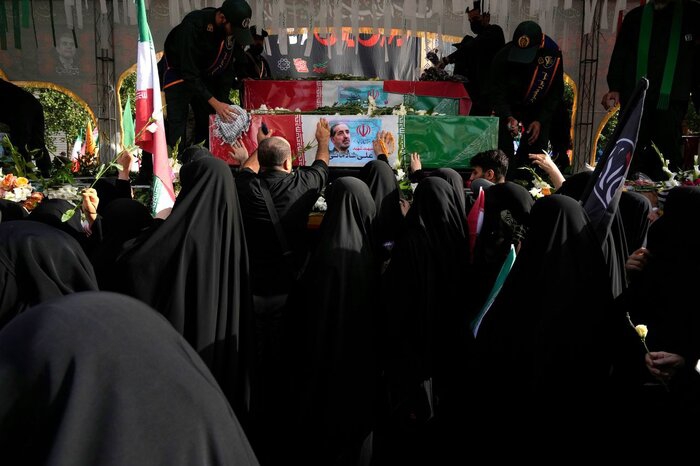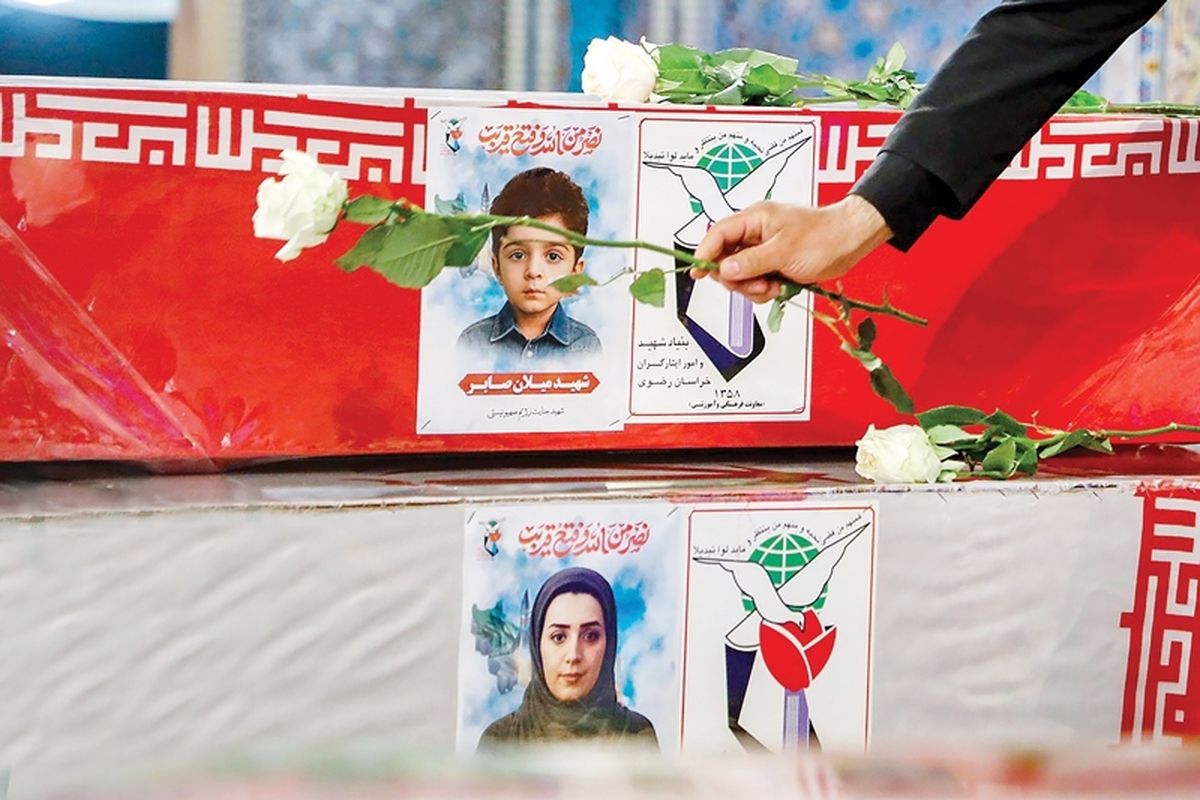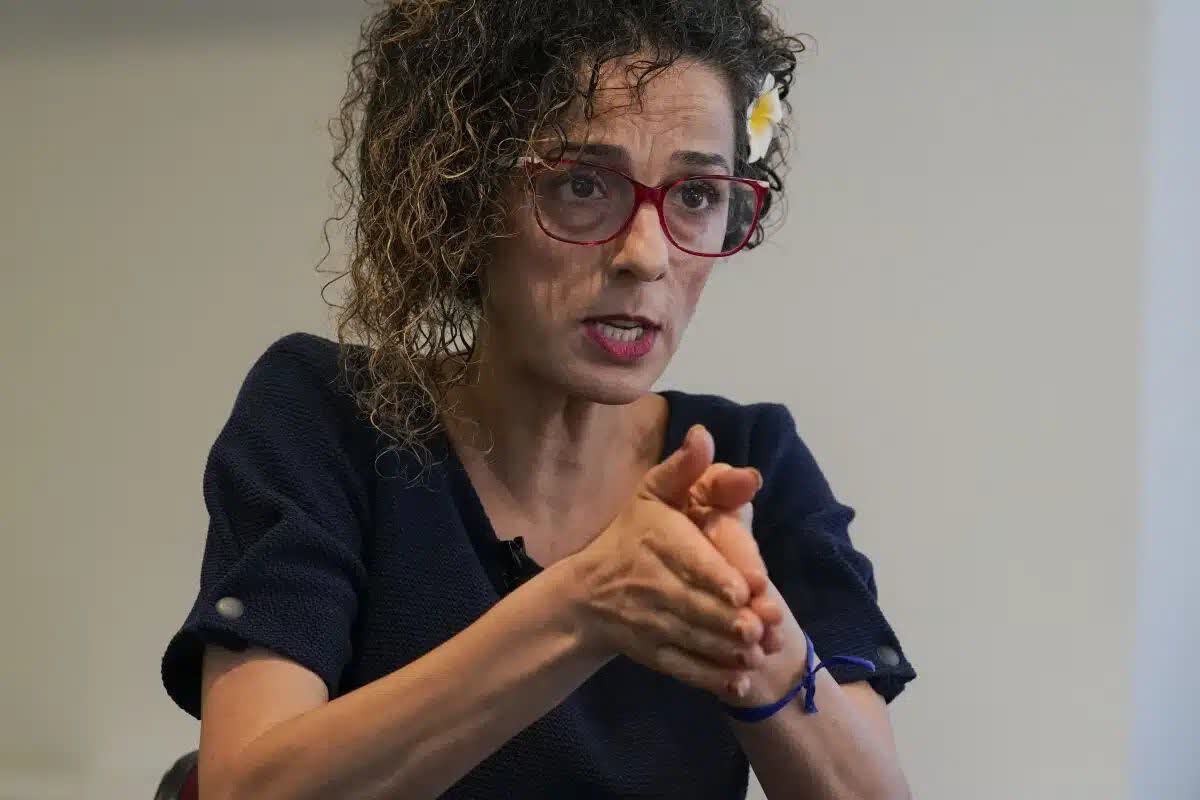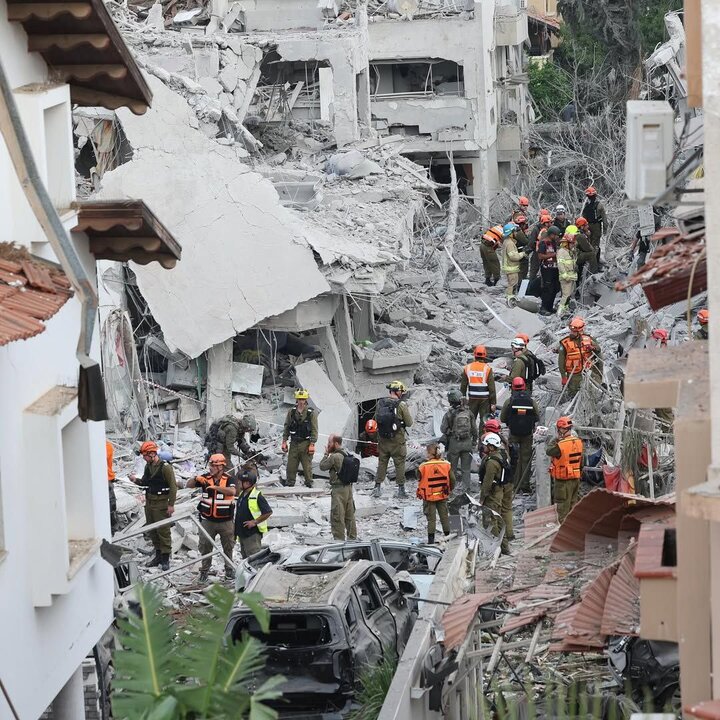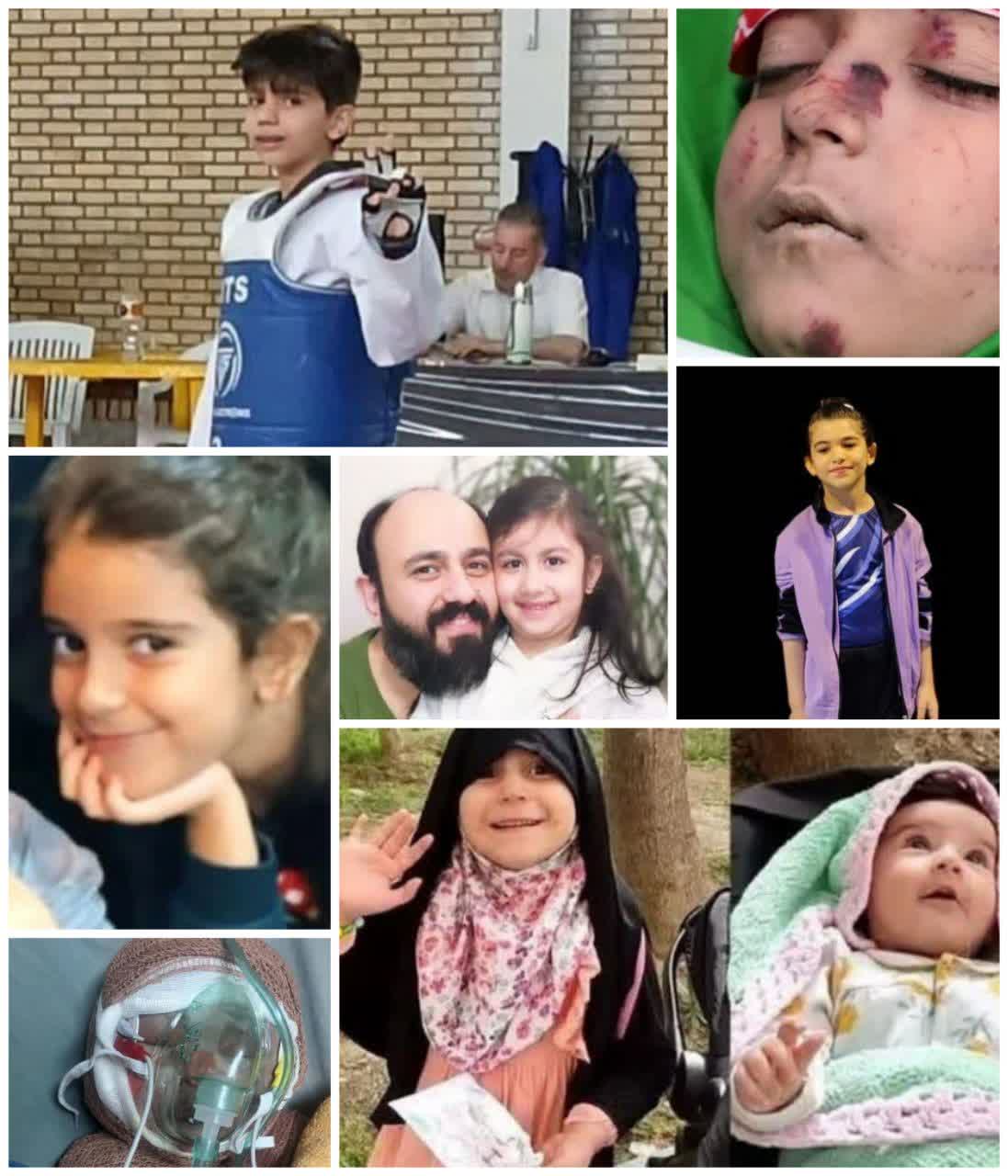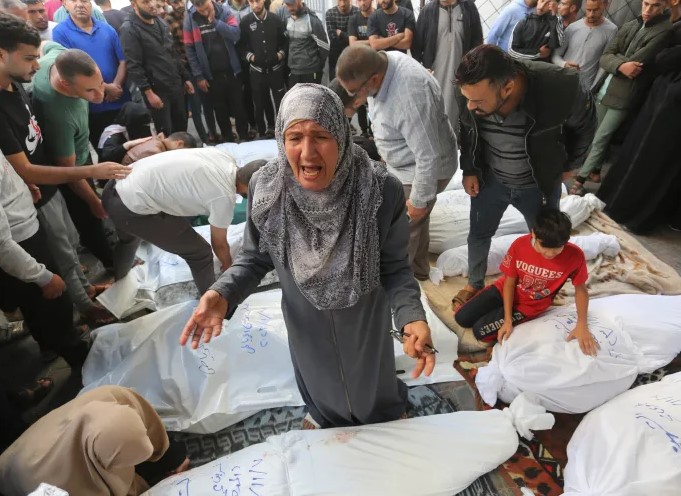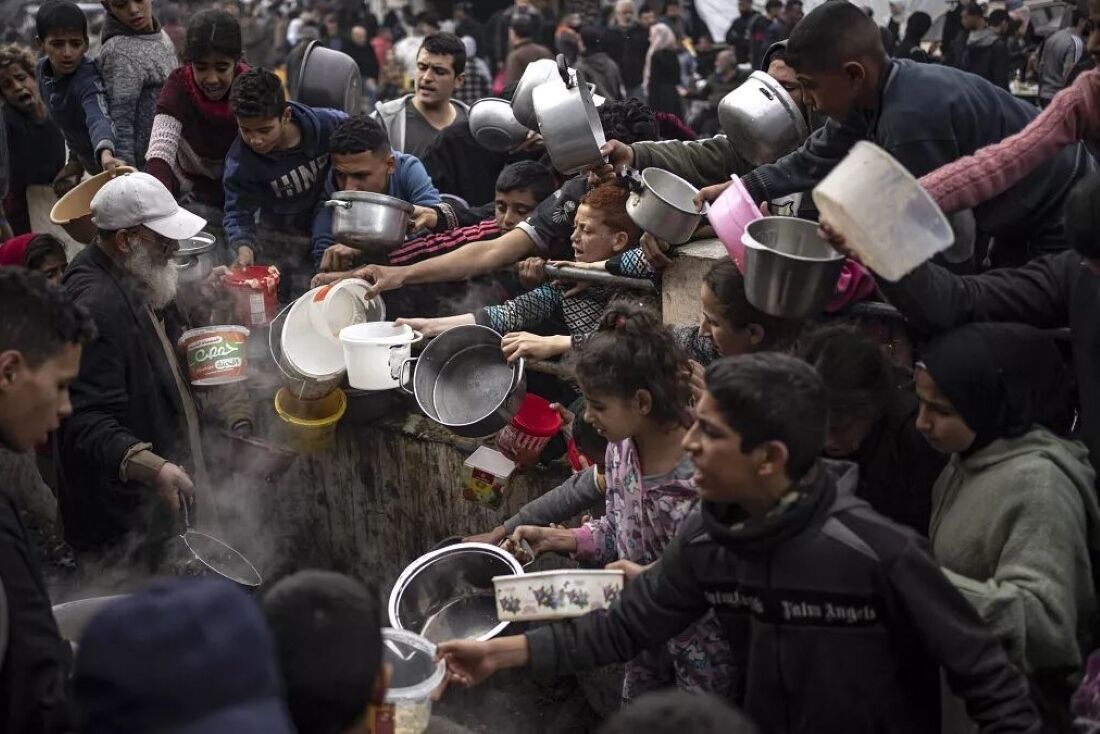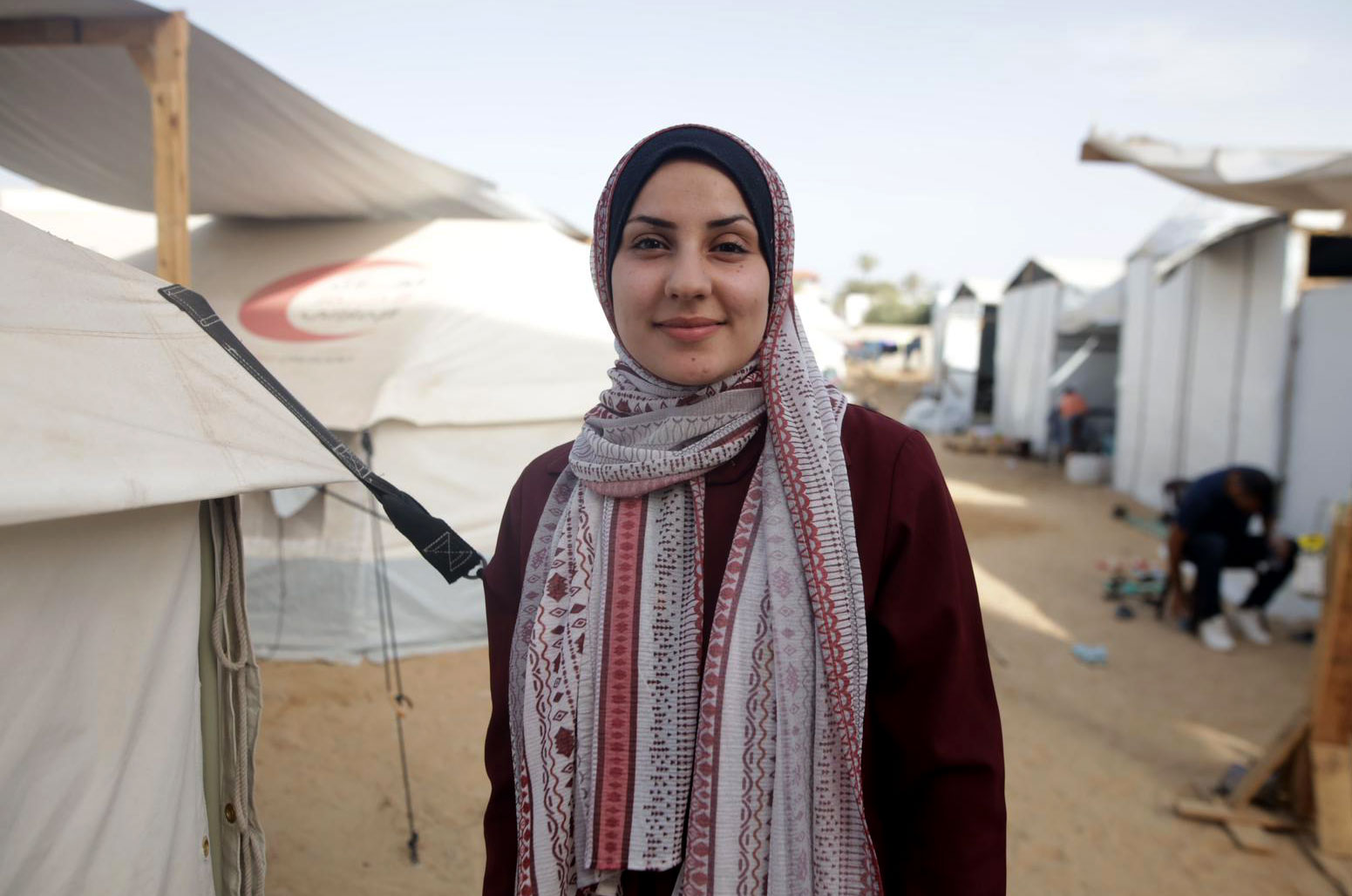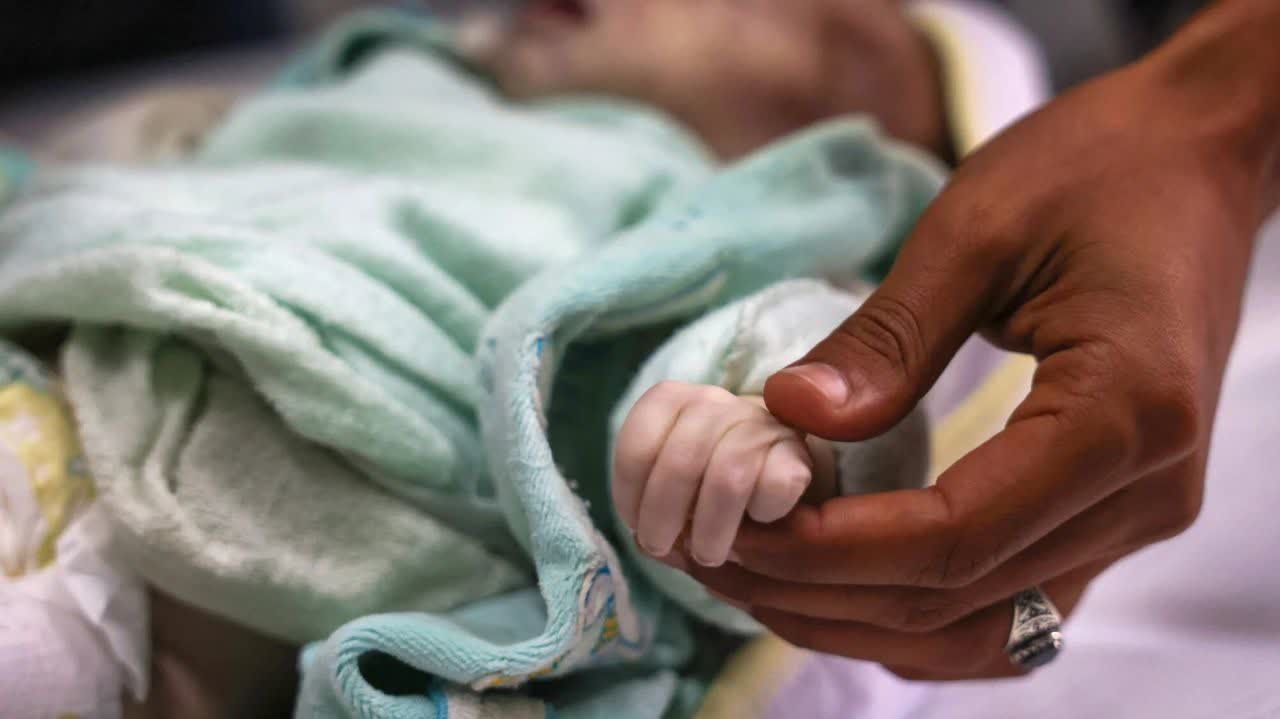The recent destruction of $10 million worth of contraceptives by the Trump administration has become a powerful symbol of the deep ideological divide between America’s two major political parties over family policy, women’s rights, and reproductive health. This act can be seen in the broader context of the long-standing dispute between Democrats and Republicans over the role of government in family planning, sexual rights, and social reproduction.
By: Faezeh Aghamohammadi:
The Republican Party, particularly under the influence of its conservative wing, supports pro-life, anti-abortion, and at times anti-contraception policies. Its ideology rests on several key principles:
- Promoting the Traditional Family: Emphasizing motherhood as a woman’s primary role and reducing support for programs that strengthen women’s reproductive autonomy.
- Opposition to Reproductive Health Funding: Cutting funding for organizations such as Planned Parenthood and limiting access to birth control both domestically and abroad.
- Priority on Restorative Medicine: Implementing policies like the Mexico City Policy, which bans US aid to foreign NGOs that provide abortion services or counseling, even if funded by other sources.
The burning of contraceptives fits within this framework, reflecting an effort to impose conservative religious values and limit women’s right to choose.
Democrats: Reproductive Rights and Individual Choice
In contrast, the Democratic Party champions pro-choice policies, including:
- Free Access to Birth Control: Funding family planning programs and supporting organizations that provide sexual and reproductive health services.
- Defending Abortion Rights: Opposing state and federal restrictions on abortion access.
- Promoting Women’s Economic and Social Independence: Ensuring women have control over their bodies and reproductive decisions.
Democratic administrations generally allocate more funding to reproductive health programs in low-income countries and actively oppose restrictive measures such as those implemented under Trump.
Political and Social Implications
These ideological differences shape not only domestic US policy but also its international aid strategy. Actions such as destroying contraceptives can lead to higher rates of unintended pregnancies, poverty, and gender inequality in developing nations. Democrats, meanwhile, view such measures as violations of women’s human rights.
The divide between the two parties on family and reproductive health reflects a broader cultural war in the United States. While Republicans, anchored in traditional values, push for restrictions on reproductive rights, Democrats defend women’s freedom to choose. This clash has tangible effects on the lives of millions of women at home and abroad and demonstrates that family planning policy will remain a central battleground in America’s ideological conflicts.
The issue of birth control and women’s reproductive rights is not merely a health discussion — it is an arena for the struggle between tradition and modernity. The future of this debate will depend on America’s political and social shifts, as well as the resilience of the women’s rights movement.



